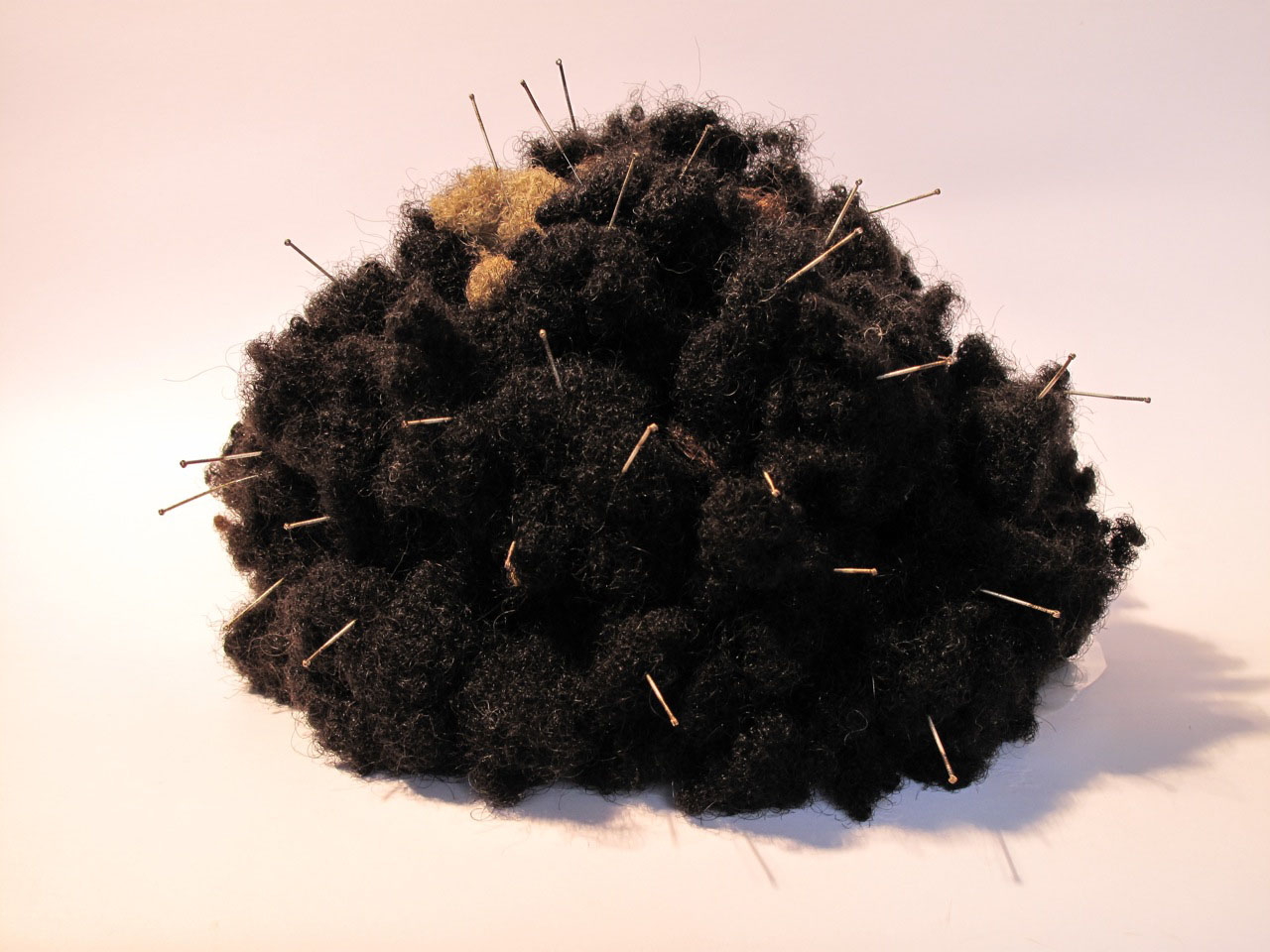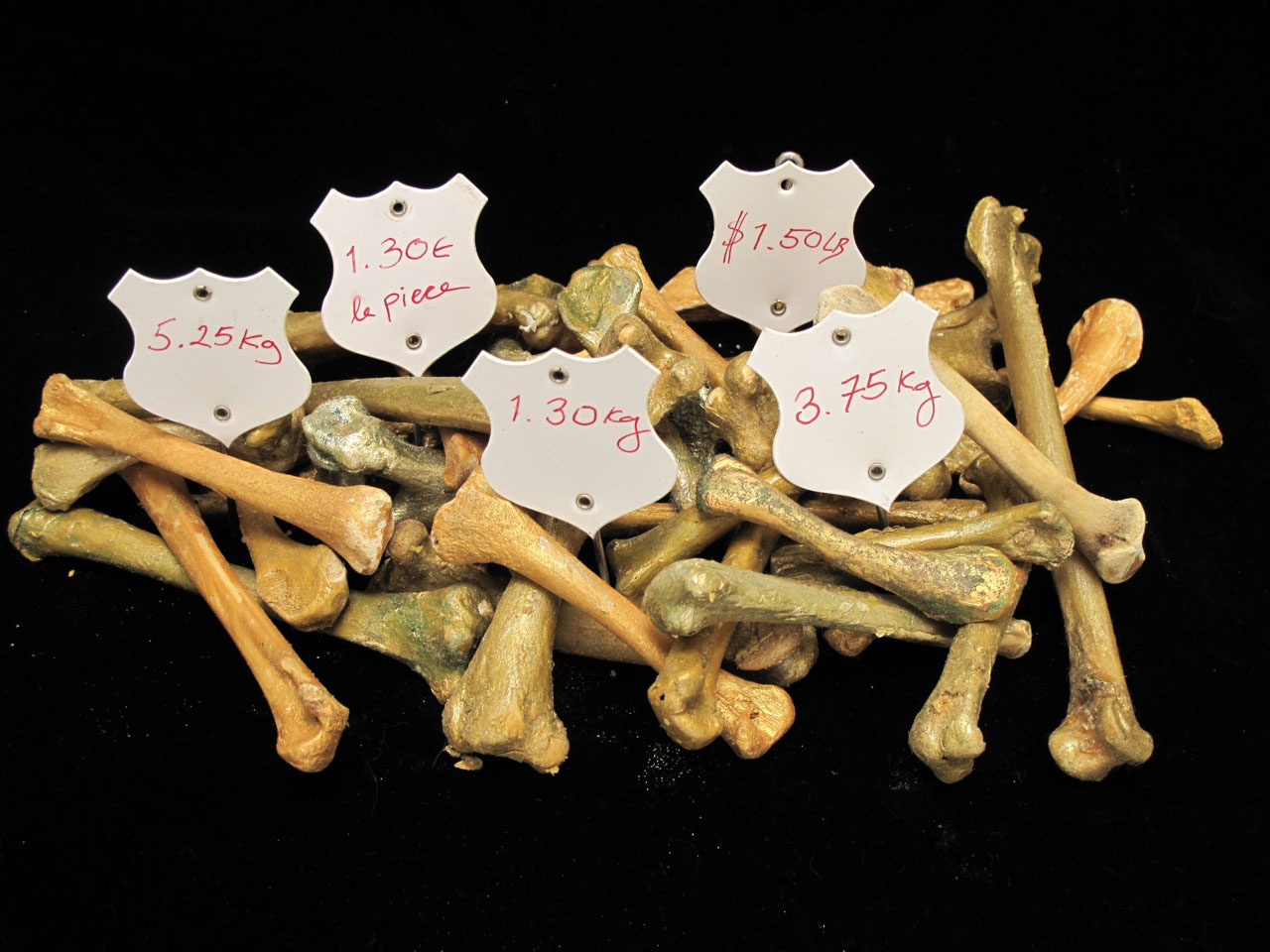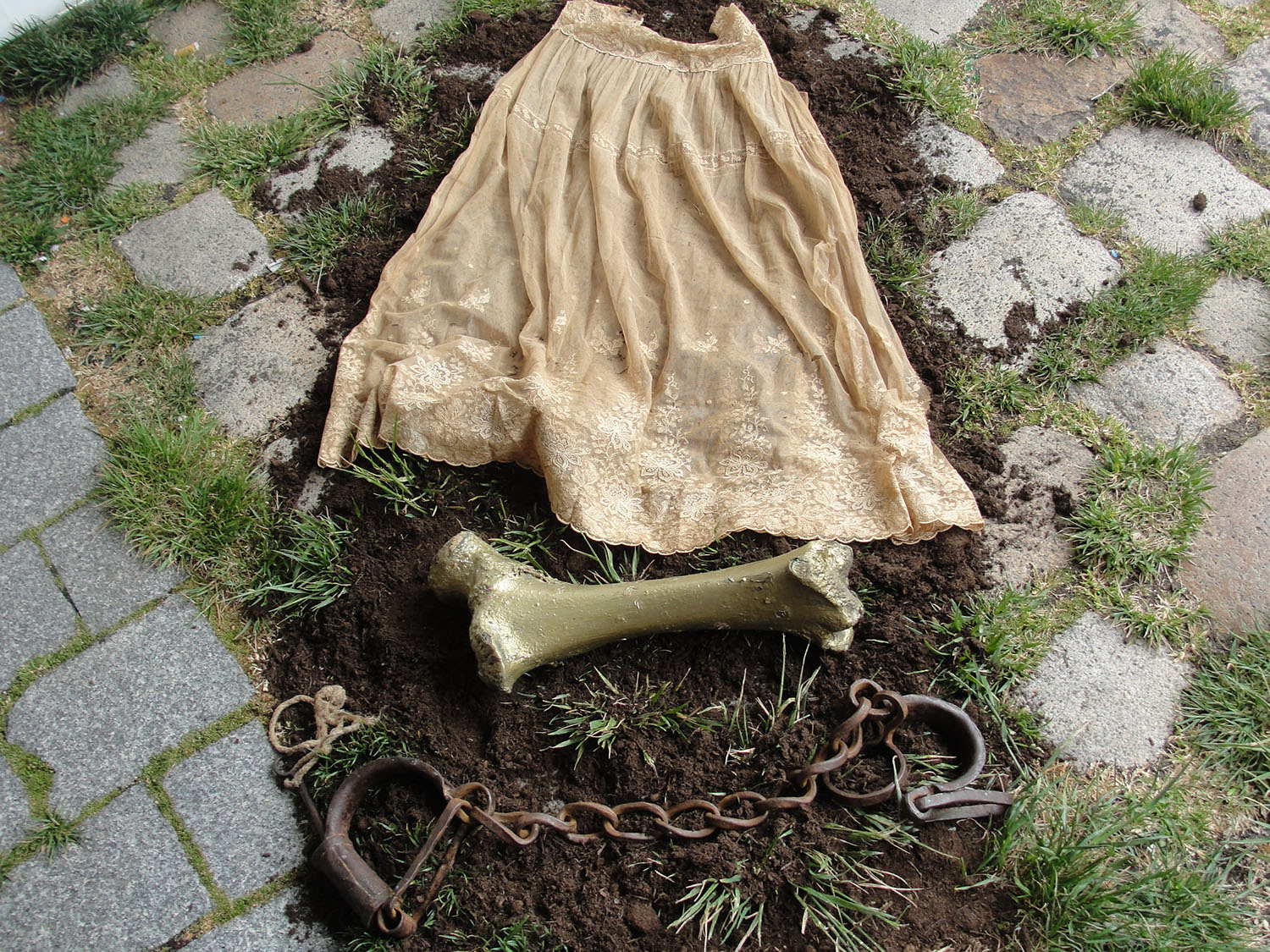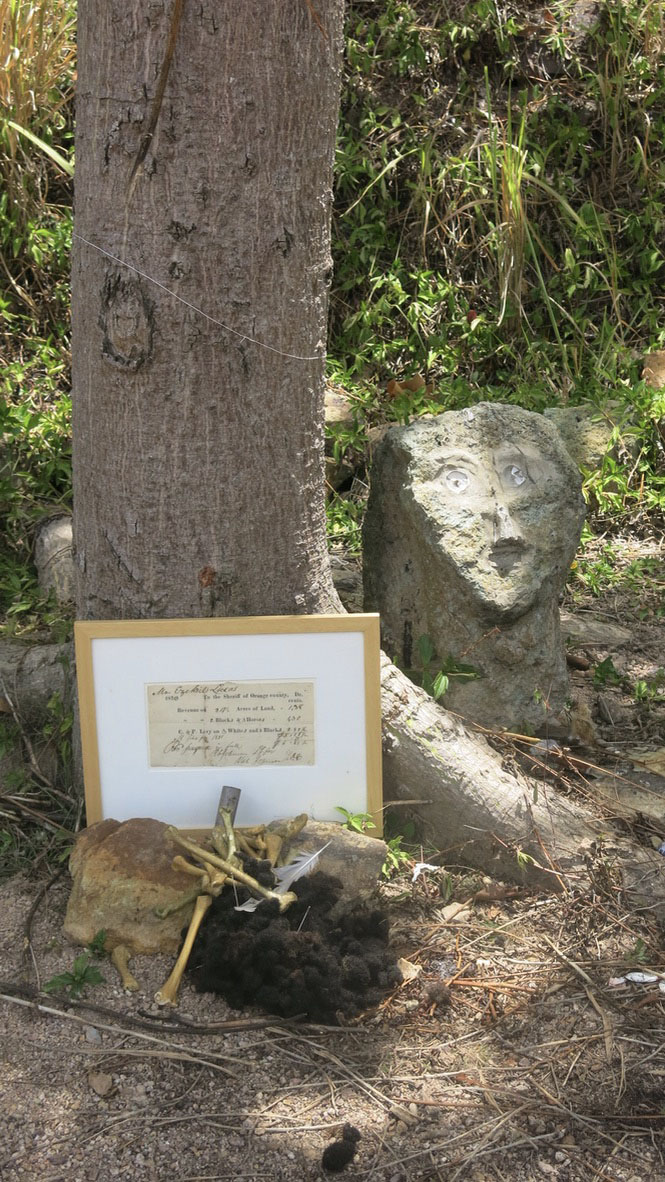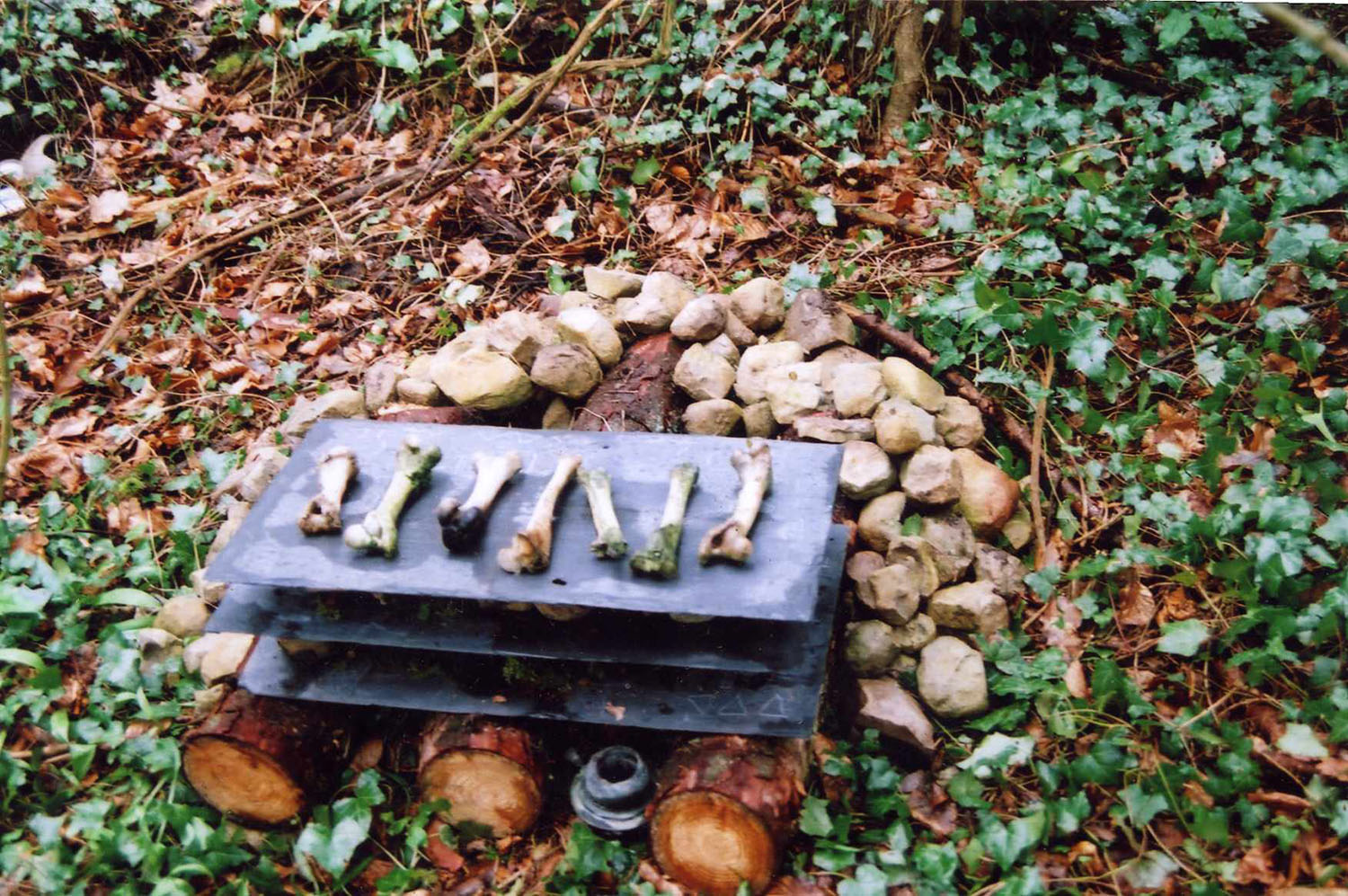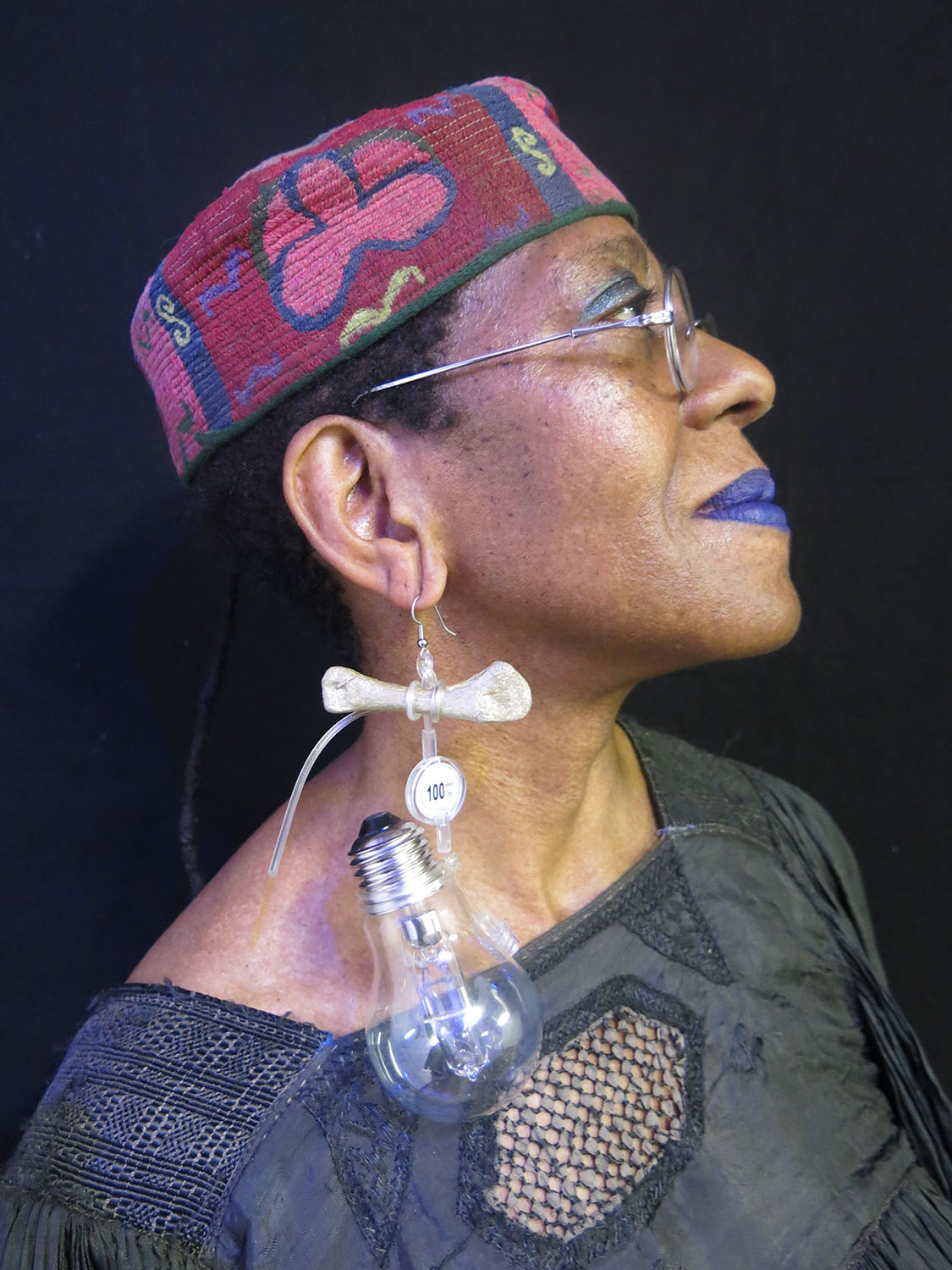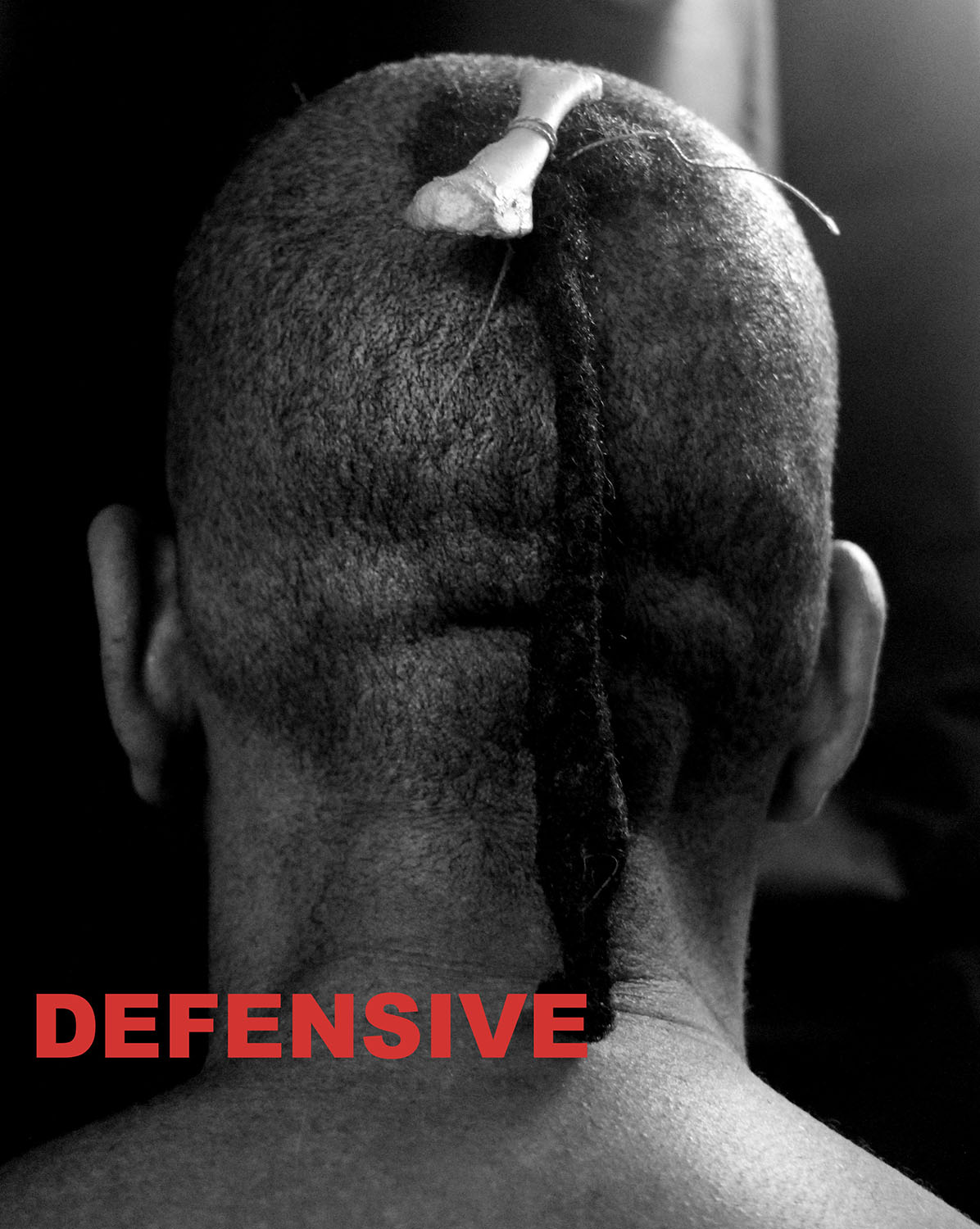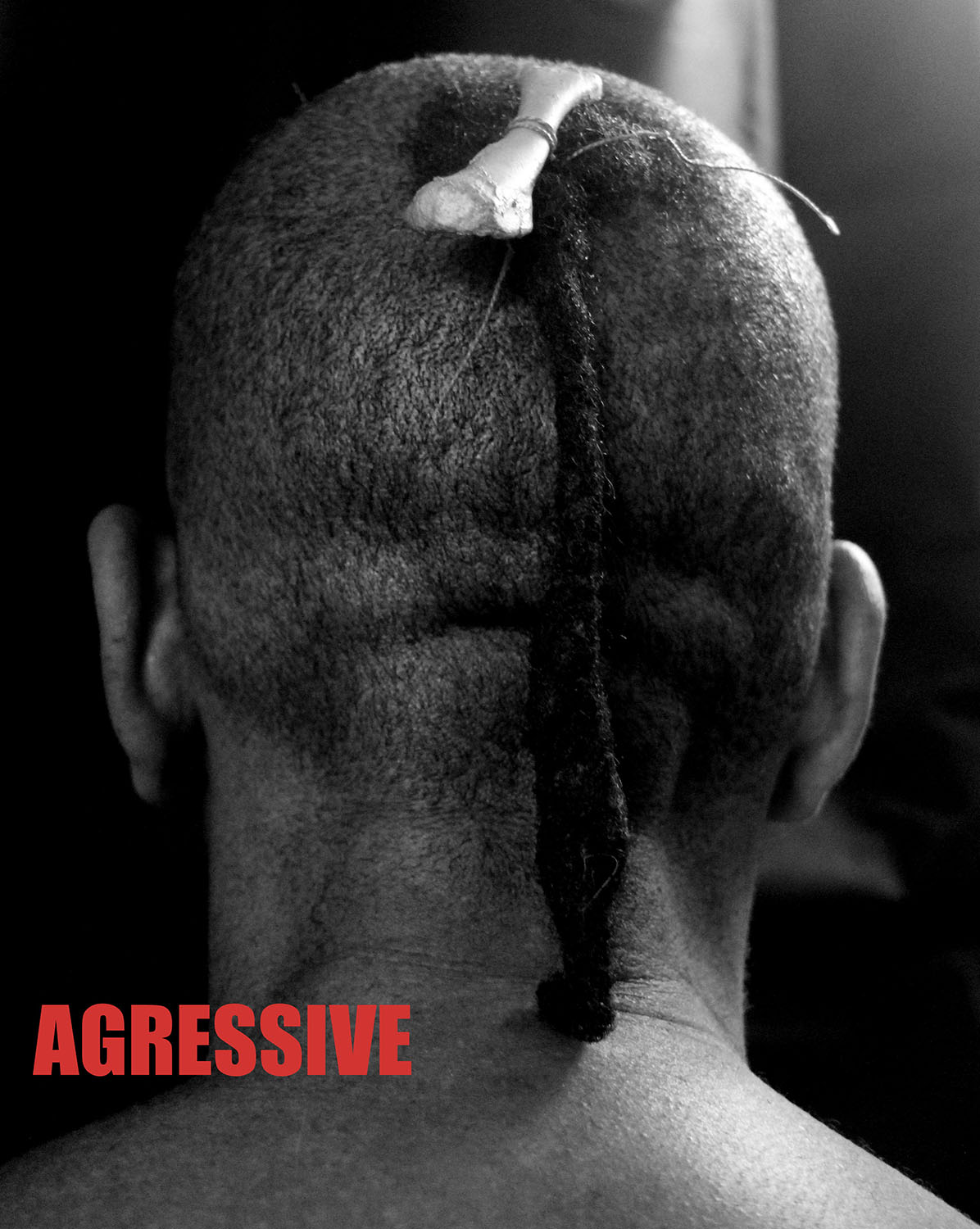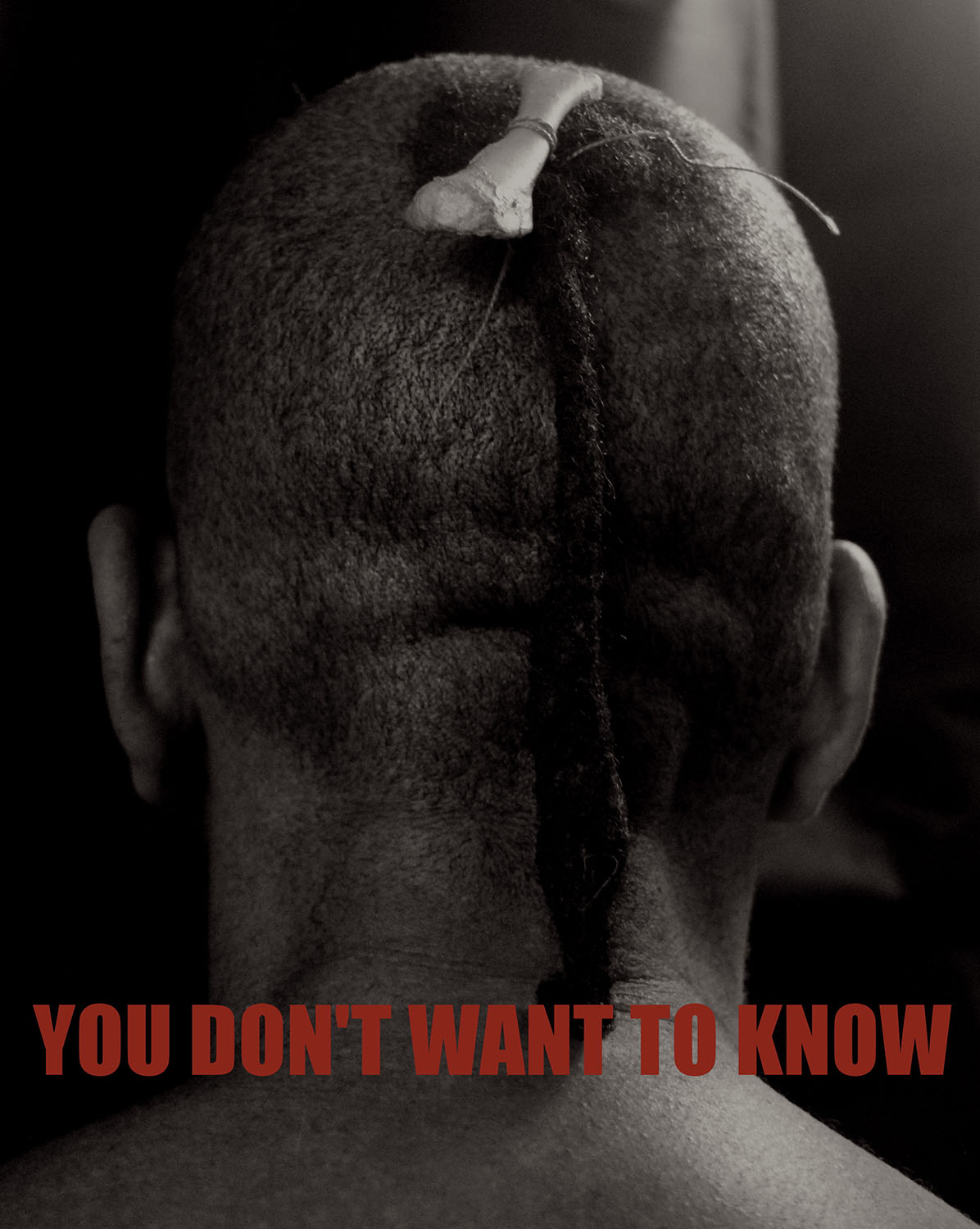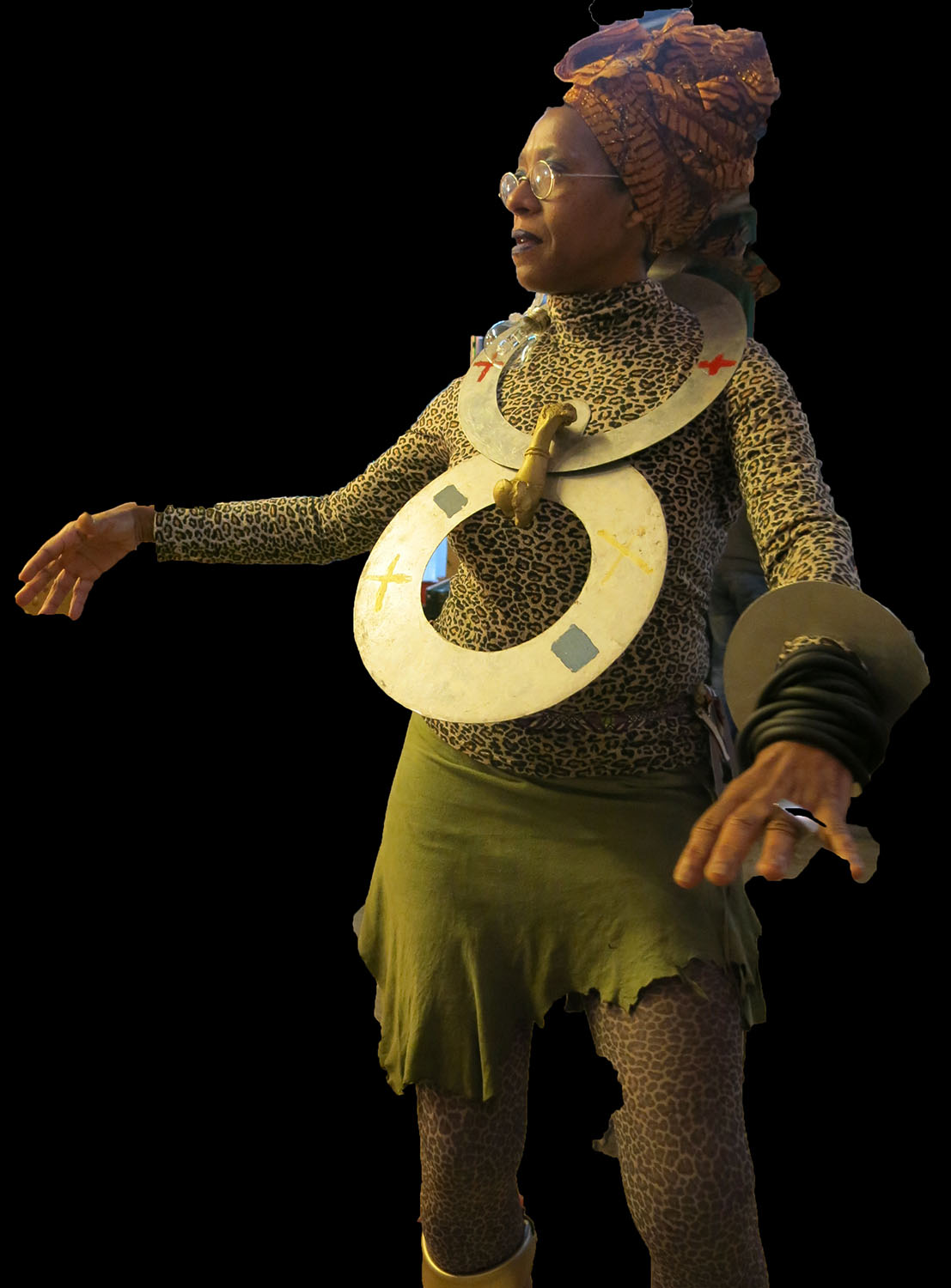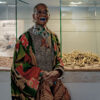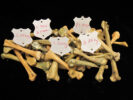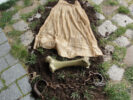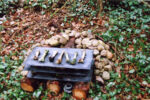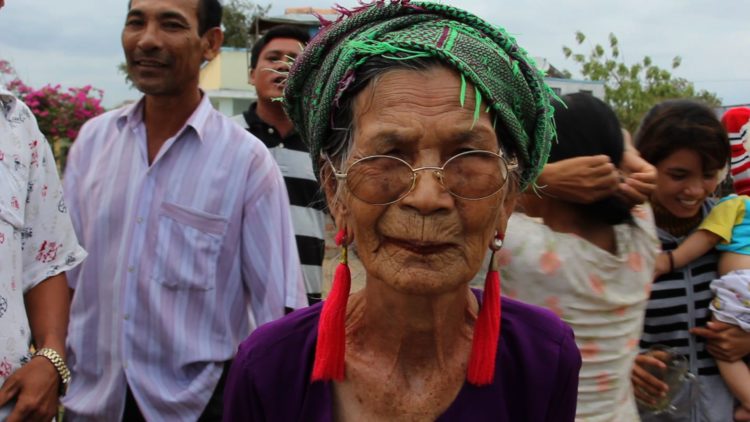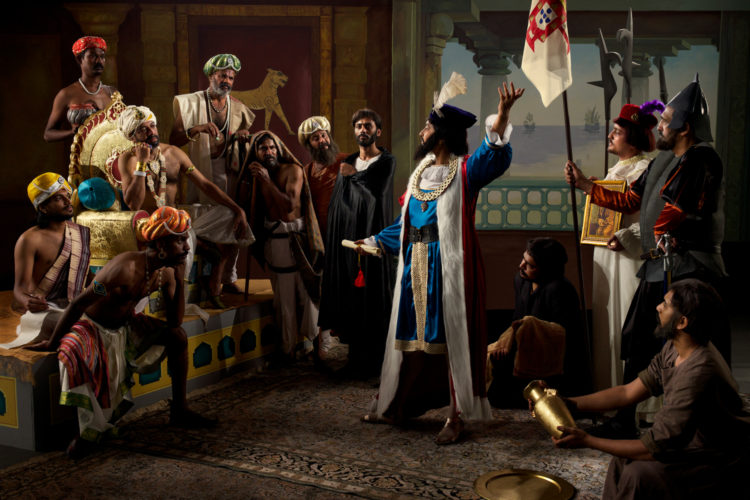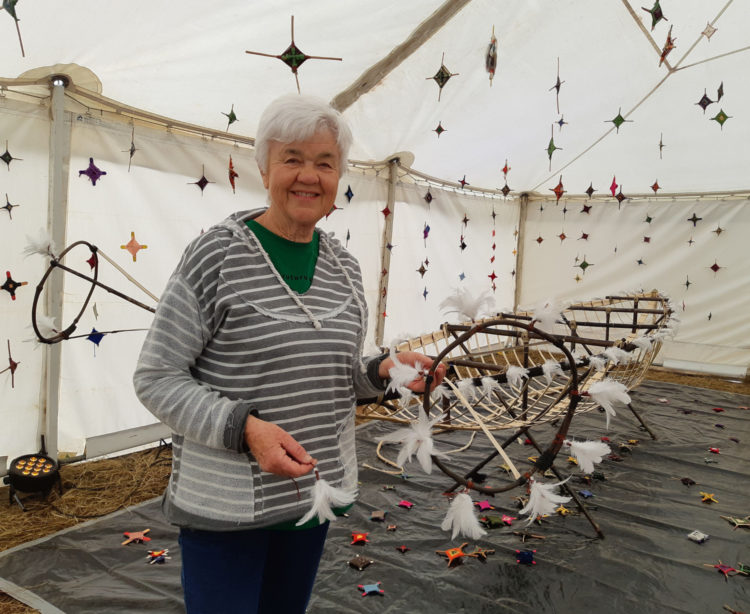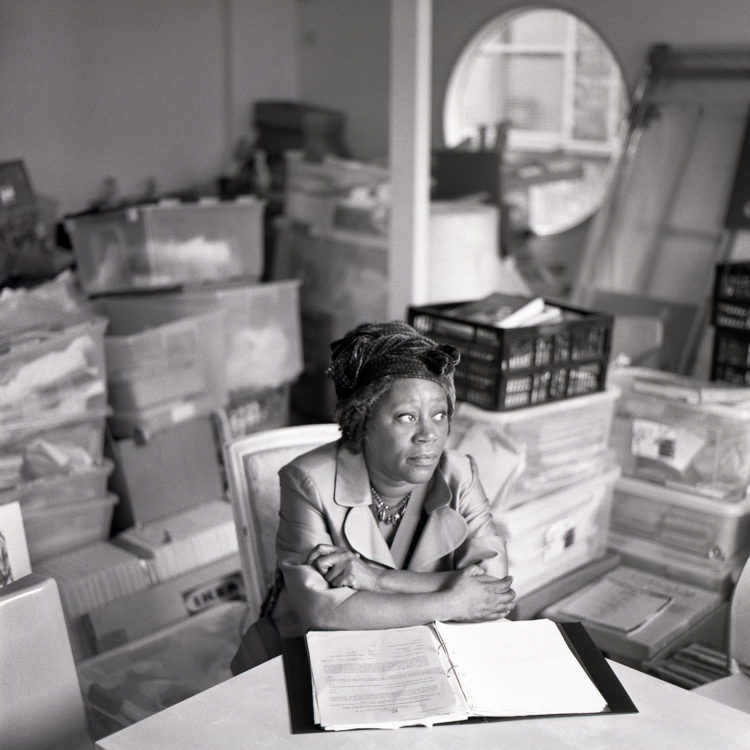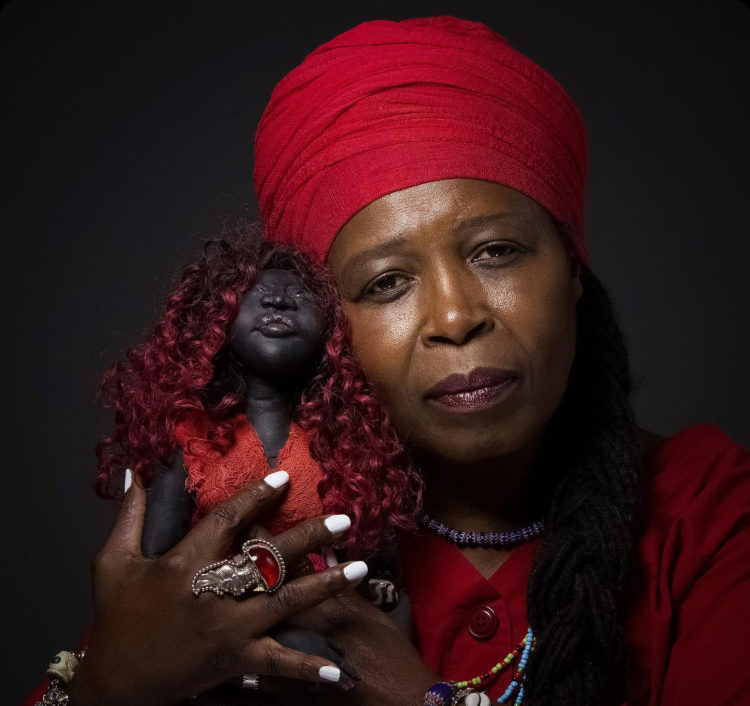Cheryl Ann Bolden
Get It on the Record, Visceglia Gallery, Caldwell College, Cadwell, September 6 – October 5, 2021
American artist, curator and collector.
Cheryl Ann Bolden, a fifth-generation African American, has dedicated her life and her artistic career to the history of African diasporas, their culture and heritage. In her work, the victim perspective often accorded to those enslaved in the United States since the 17th century is replaced with a human one.
C. A. Bolden started out in medicine before discovering the practice of healing through acupuncture, despite having always felt herself, she says, to have the soul of an artist. Graduating in 1978 from the New England School of Acupuncture in Massachusetts, she began working as a care provider in community spaces such as women’s shelters and drug addiction treatment centres. She subsequently decided to continue her studies in China, supported by an Alaskan university programme. Though she had initially been interested in the country, she did not enjoy her time there, and left earlier than planned. She then travelled to Australia, where she encountered Aboriginal communities, picked up weaving techniques and began working with textiles.
It was following a singular encounter with a young Aboriginal woman named Wulina, when the young woman presented her with a lock of her hair, that C. A. Bolden began to envisage a collection. Returning to the United States she settled in Charlottesville, and became a guide at Ash Lawn-Highland, a former plantation owned by the country’s fifth president, James Monroe. Outraged at the absence of any mention of slavery in the historical tours offered to the public, she herself undertook the task of evoking the lives of enslaved people and their lived reality in the place, leading to her dismissal. In response, she constructed her own space, and in 1984 the Bolden Gallery was born. There she exhibited her creations – jewellery, clothing – as well as the historical objects that she had begun to collect. The first black woman to run a business in Charlottesville, she assembled documents issuing from American slave society, documents which, increasingly, people were entrusting to her. The gallery was forced to close its doors in 1991 due to financial problems, but C. A. Bolden did not abandon her growing collection, trading the idea of a fixed location for that of a travelling museum.
In 1998 the artist-collector moved to Paris and founded Precious Cargo, a nomadic structure with the artistic and educational aim of foregrounding cultures and histories of African diasporas. Accompanied by her collection of historical objects, from golliwog dolls to chains, alongside original administrative documents detailing the possession of slaves in the same context as that of horses, she regularly holds events in different communities, in colleges and high schools, inviting participants to interact with the archives, to “activate” them, touching them and appropriating them in order to engage with and experience the history they contain, inciting both dialogue and reflection. Rejecting the idea of the inaccessible archive kept behind glass, C. A. Bolden instead brings hers to life, through performances, installations and collages.
C. A. Bolden participated in the exhibition Museum ON/OFF at the Centre Pompidou in 2016, organised by Pascale Obolo. In 2019 the artist’s interview with Barbara Sirieix was published in Initiales, in an issue dedicated to Joséphine Baker. In 2021, she was invited by Montévidéo in Marseille to take part in the Poésie Plateforme cycle, funded by the Fondation Pernod Ricard. Mariette Auvray’s documentary about C. A. Bolden,The Keeper, was released in 2022. The artist also teaches English, through which she addresses her research themes. Her studio is in the heart of the Villa Mais d’Ici, in Aubervilliers, to the north of Paris, where part of the archives of Precious Cargo are also preserved.
© Archives of Women Artists, Research and Exhibitions, 2023



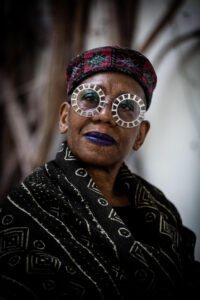
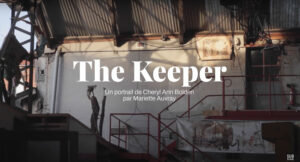 Portrait of Cheryl Ann Bolden | The Keeper, 2022 (French)
Portrait of Cheryl Ann Bolden | The Keeper, 2022 (French) 
